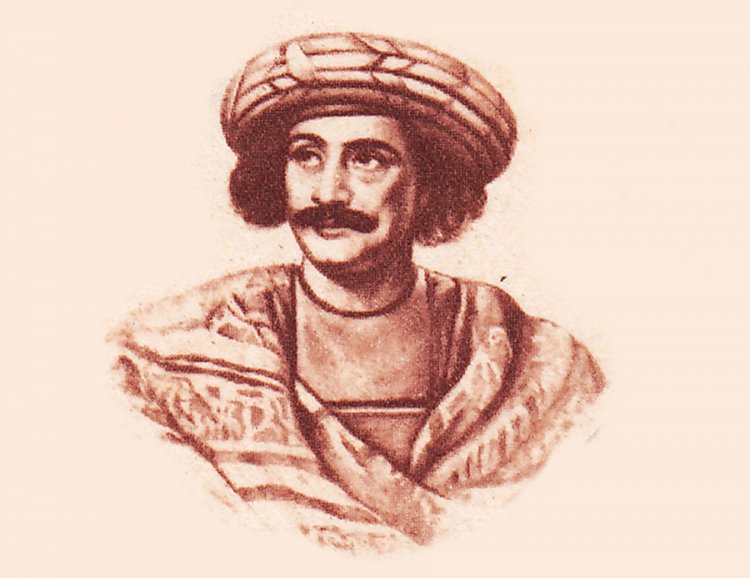Raja Ram Mohan Roy: The Father of the Indian Renaissance

He needs no introduction. A servant of man, a pioneer, a cosmopolitan: Raja Ram Mohan Roy was one of the founders of the Brahmo Sabha, the precursor of the Brahmo Samaj, a social-religious reform movement in the Indian subcontinent. He was given the title of ‘Raja’ by Akbar II, the Mughal emperor.
In nineteenth-century Bengal, he took on the challenge of reforming a caste-ridden, superstitious and backward Hindu society, facing a virulent opposition with extraordinary courage and conviction. The battle for reforming Hindu society is still not over and Rammohan Roy's words are as relevant today.
Early life:
Born in Radhanagar, Hoogly District, Bengal in 1772 to an orthodox Brahmin family with the best education available, Ram Mohan Roy was first educated at Patna, groomed for the Muslim courts. He praised Arabian logic, was inspired by the Quran’s monotheism and the character of the Prophet, and was fascinated by Arabian and Persian poetry.
Three years later he studied Sanskrit at Banaras at the insistence of his maternal relatives who were, professional priests. At Banaras he studied Vedanta, the Upanishads, Smritis, Tantra’s, and Puranas. His early writing argued true religion is rooted in human nature.
Some of his pivotal contributions towards Indian society:
- Ram Mohan Roy offered Indians a way out of the divisive corruptions while retaining Indian self-respect by rediscovering Hindu monotheism. He argued that these were an ‘allegoric adoration’ which had over time developed a life of their own, and covered the truth of the one Supreme Being.
- Roy influenced fields of politics, education, religion and public administration.
- Roy started the Brahmo Samaj movement along with Dwarkanath Tagore, Rabindranath Tagore's father, to fight against social evils. He started Brahmo Samaj in 1828 to expose the religious hypocrisies.
- Roy was against idol worship and orthodox Hindu rituals.
- In 1822, he founded a school based on English education. He had also studied Hindu philosophy in Varanasi.
- Roy supported women's rights. He was known for his efforts to abolish Sati Pratha (Hindu funeral practice in which widows were compelled to sacrifice themselves with their husband's pyre) and child marriage. Due to his unending efforts, Sati was declared illegal in 1829.
- He also criticised the caste system.
- Raja Ram Mohan Roy denounced illiteracy and infanticide. Roy thoroughly believed that education played an important role in enlightening people about their rights. He promoted a rational, ethical, and non-authoritarian Hinduism and is still known for his important role in the making of contemporary Indian society.
A True Feminist!
Roy actively campaigned for women's rights at the time when women barely had rights. Raja Ram Mohan Roy also attacked polygamy and was against the state of widows in our society at that time. He also advocated property inheritance rights for women.
Roy not only did his activism on the ground but also on paper. He published ‘Sambad Kaumudi’, a Bengali weekly newspaper published from Kolkata in the first half of the 19th century. It was a noted pro-Reformist publication that actively campaigned for the abolition (stop) of the Sati Pratha.
By 1833 his political work had finished and Ram Mohan was physically exhausted. He stayed in Bristol, hosted by Unitarian friends including Bristol minister Lant Carpenter and worshipped at Lewin's Mead Chapel. Ram Mohan's general health had been poor since 1825. Ten days after arriving at Bristol, he fell ill with and died on 27 September 1833, a month after the passage of the Abolition of Slavery Act in 1833. He was 61 years old.
Among the various other adjectives used before his name, if all of that can be summarised in one word, then it can be established that he was a true humanist. Today, we remember this brave reformist who made way for a progressive, modern thinking and a modern India.















































